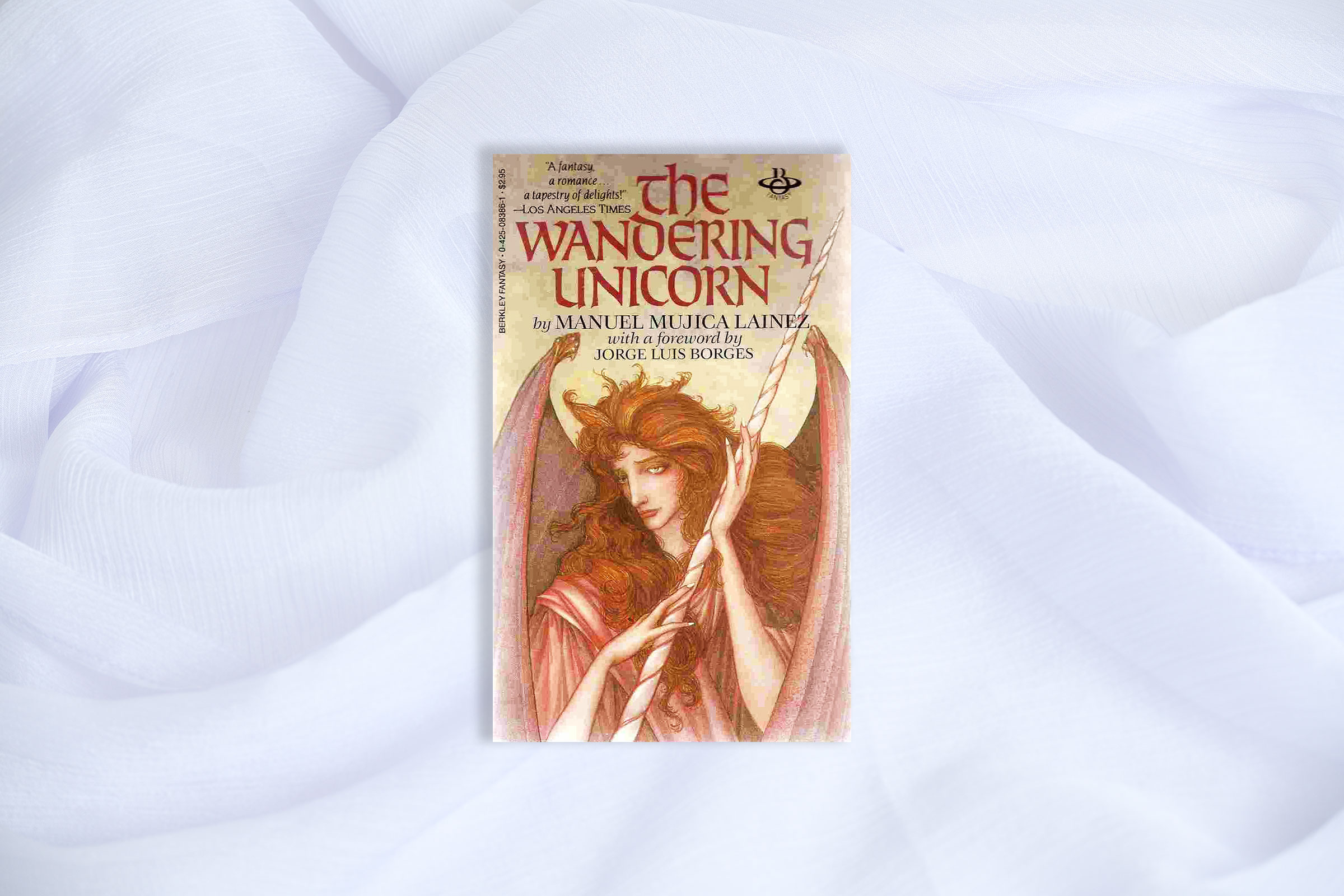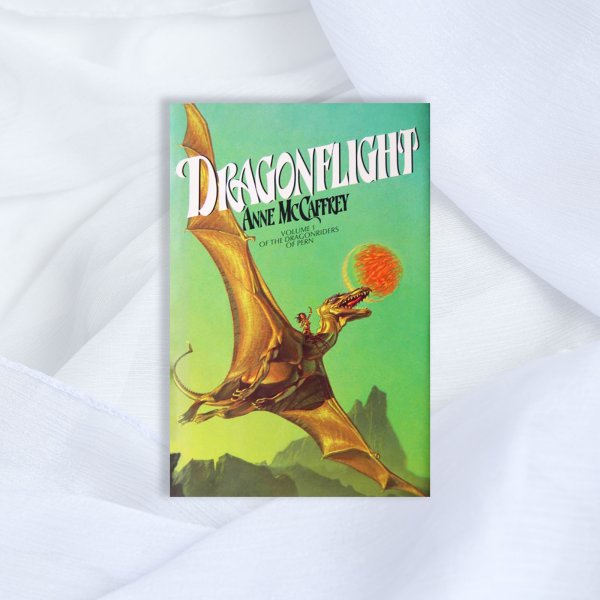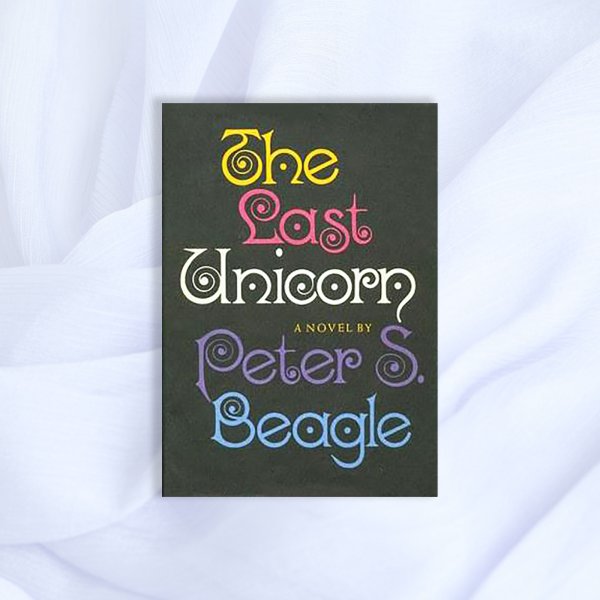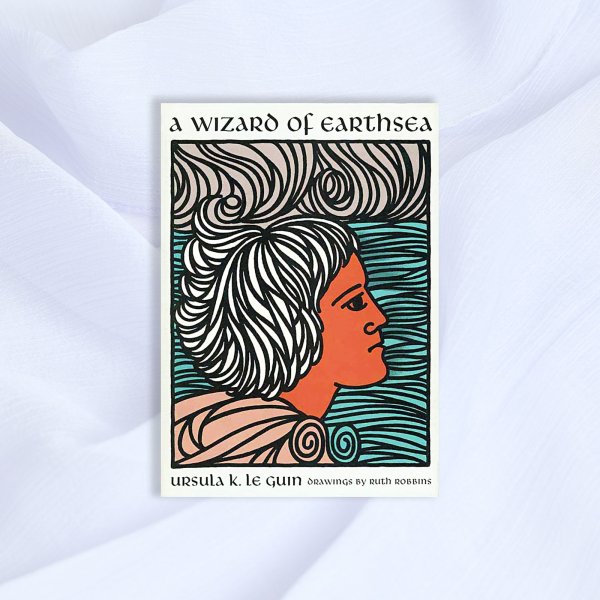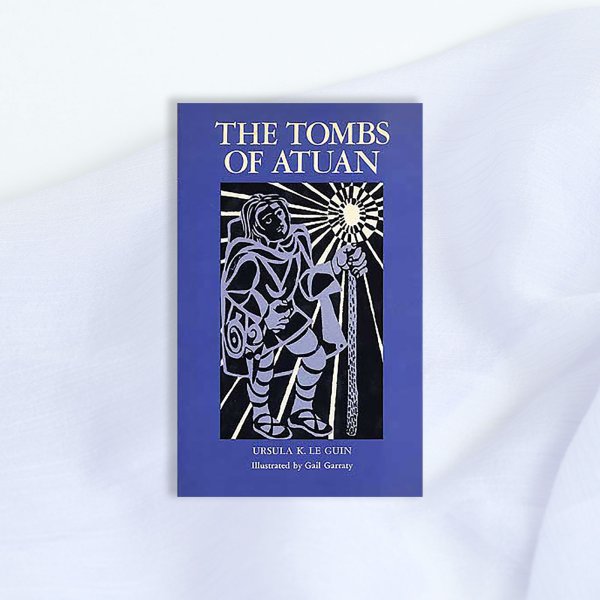For centuries, the medieval fairy Melusine has been depicted in prose and art. Many stories revolve around her husband’s fateful discovery that Melusine has the lower body of a serpent. In El unicornio—titled The Wandering Unicorn in a 1982 English-language translation by Mary Fitton—Argentinean writer Manuel Mujica Lainez expands Melusine’s story. Mujica Lainez follows Melusine as she falls in love and witnesses many battles across medieval Europe during the crusades. Though contemporary readers might find its approach to Islam and depiction of Asian cultures to be dated, the novel contains vivid imagery and exhaustive world-building, deftly intertwining historical and magical threads. Its epic sweep, embrace of tragedy and final twist make it worthwhile for fans of Arthurian legends and other medieval tales.
Buy Now: The Wandering Unicorn on Amazon
Correction, October 20
The original version of this story misstated the year in which the English-language translation of The Wandering Unicorn was published. It was 1982, not 1984. It also misstated the author’s full surname. It is Mujica Lainez, not Lainez.
- Inside Elon Musk’s War on Washington
- Meet the 2025 Women of the Year
- Why Do More Young Adults Have Cancer?
- Colman Domingo Leads With Radical Love
- 11 New Books to Read in Februar
- How to Get Better at Doing Things Alone
- Cecily Strong on Goober the Clown
- Column: The Rise of America’s Broligarchy
